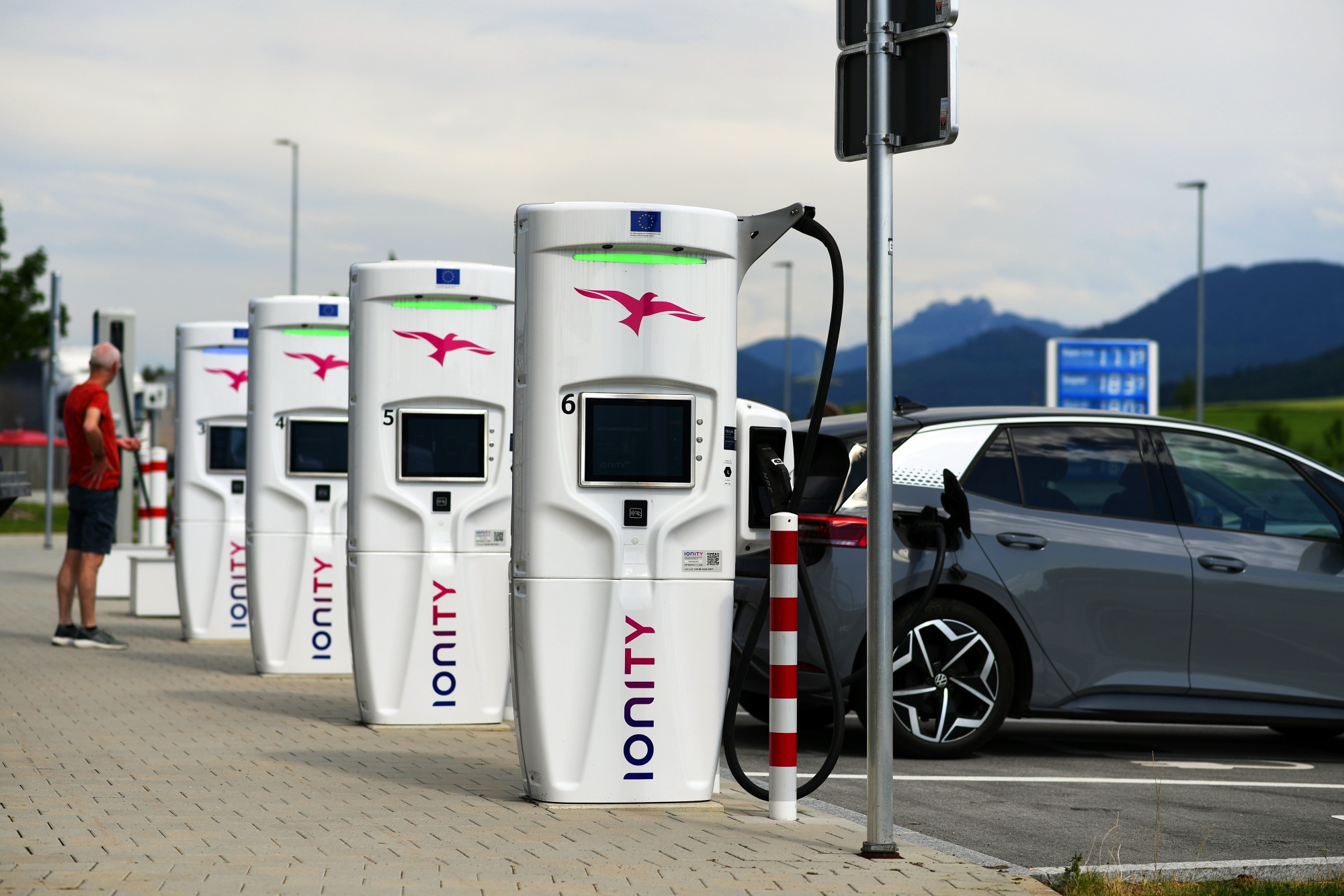As the electric vehicle revolution accelerates, the infrastructure supporting it becomes increasingly crucial. In this article, we’ll explore the expansive network of electric car charging stations in Europe, uncovering the convenience, accessibility, and growth of this vital component of sustainable mobility.
The Rise of Electric Car Charging Stations in Europe:
Europe has emerged as a pioneer in promoting sustainable transportation, with a robust and growing network of electric car charging stations. This section delves into the key aspects of this infrastructure, making electric vehicles a viable and eco-friendly choice for European commuters.
- Accessibility Across Regions: Electric car charging stations are strategically placed across European regions, ensuring accessibility for both local and long-distance travelers. Major cities, highways, and popular destinations feature a dense network, enabling seamless journeys for electric vehicle owners.
- Variety of Charging Stations: Europe boasts a diverse array of charging stations catering to different charging needs. From standard public chargers to fast-charging stations along highways and ultra-fast chargers for rapid top-ups, the infrastructure accommodates various electric vehicle models and user preferences.
- Integration with Renewable Energy: Many electric car charging stations in Europe are integrated with renewable energy sources, aligning with the continent’s commitment to reducing carbon emissions. Solar and wind-powered charging stations contribute to a cleaner and more sustainable charging process.
- Innovations in Charging Technology: Continuous innovations in charging technology enhance the efficiency and speed of the charging process. The introduction of ultra-fast chargers significantly reduces charging times, making electric vehicles even more practical for daily use.
Navigating the Landscape:
Understanding the types of electric car charging stations and how they cater to different needs is essential for both current electric vehicle owners and those considering the transition.
- Level 1 (Home Charging): Ideal for overnight charging, Level 1 chargers are commonly used at home. While they provide a slow charging rate, they are convenient for daily charging routines.
- Level 2 (Public Charging): Found in various public locations, Level 2 chargers offer a moderate charging speed, making them suitable for shopping centers, parking facilities, and workplace charging stations.
- DC Fast Chargers (Highway Charging): Strategically located along highways, DC fast chargers provide a faster charging experience. These stations are crucial for long-distance travel, allowing electric vehicle owners to recharge quickly during pit stops.
- Ultra-Fast Chargers (Highway Charging): The latest addition to the charging landscape, ultra-fast chargers deliver exceptionally rapid charging speeds. Positioned along major highways, these stations are revolutionizing long-distance electric travel.
Challenges and Solutions:
While the electric car charging infrastructure in Europe has made significant strides, challenges persist. This section addresses common concerns and highlights solutions for a more seamless charging experience.
- Charging Network Density: Despite the impressive network, certain remote areas may have lower charging station density. The ongoing solution involves continued expansion efforts, driven by government initiatives and private investments.
- Charging Standardization: The presence of multiple charging standards can create compatibility issues for electric vehicle owners. Standardization efforts, such as the widespread adoption of CCS (Combined Charging System), aim to address this challenge.
- Charging Time vs. Range Anxiety: While charging times are improving, range anxiety remains a concern for some electric vehicle owners. Advancements in battery technology, coupled with an increased number of fast-charging stations, contribute to mitigating this anxiety.
Conclusion:
Electric car charging stations in Europe play a pivotal role in fostering sustainable transportation and reducing the continent’s carbon footprint. The comprehensive network, integration with renewable energy, and technological advancements are transforming the electric vehicle landscape. As Europe continues to lead the charge towards a greener future, electric car charging stations stand as the backbone of a sustainable and eco-friendly transportation system.
Read too: Who Installs Electric Car Chargers and Why It Matters for Your EV? Unveiling the Experts
